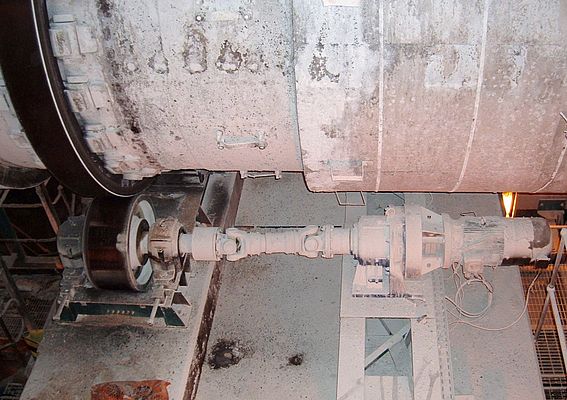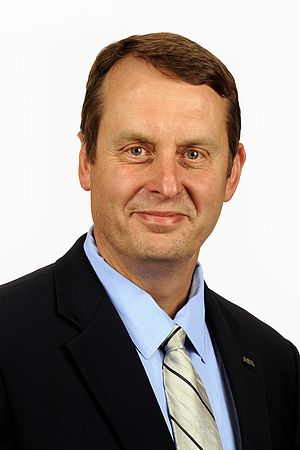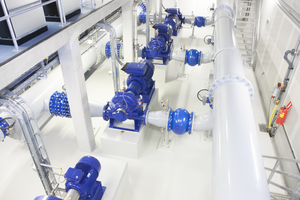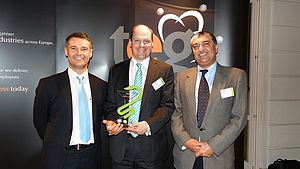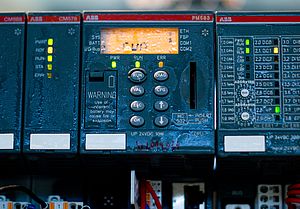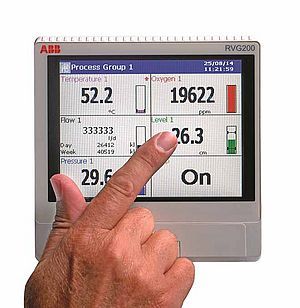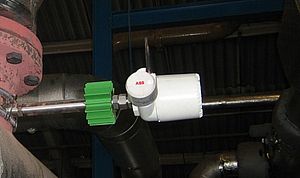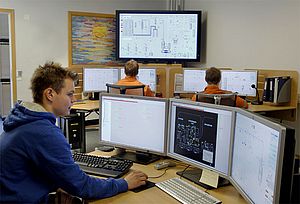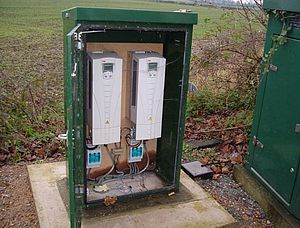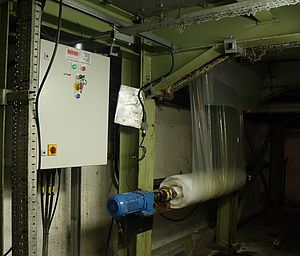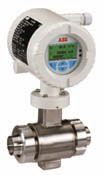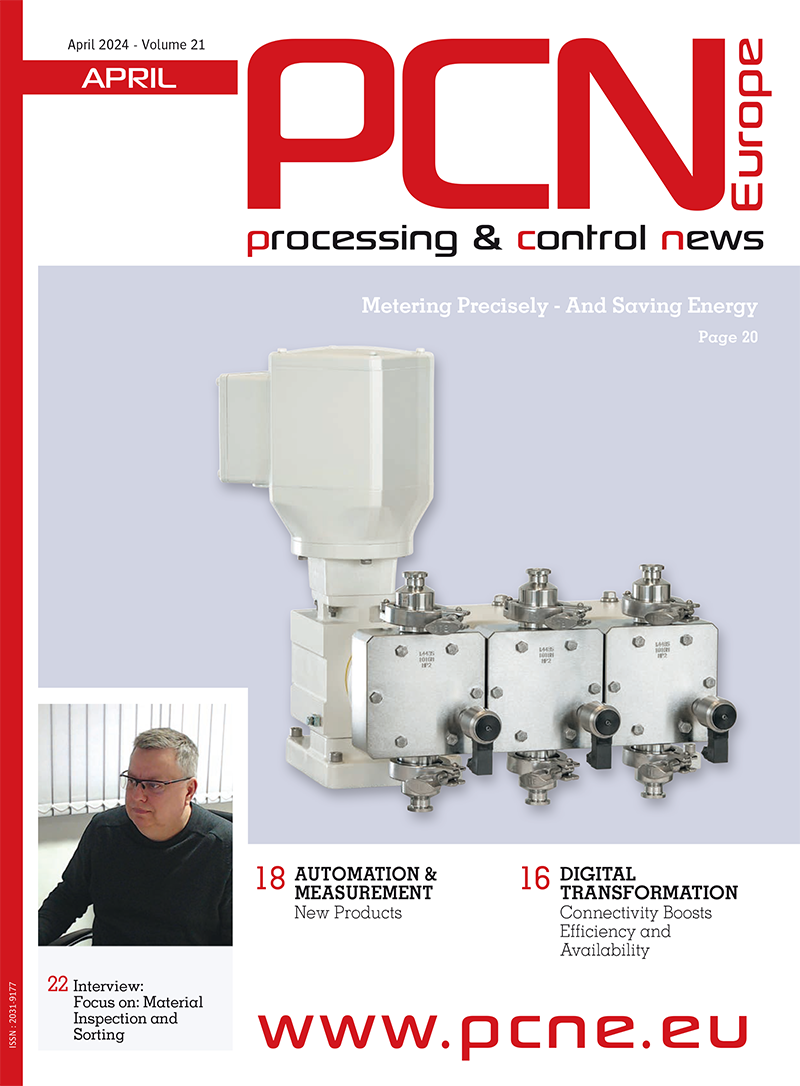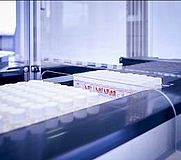Industrial drives have cut the need for Thermphos, a manufacturer of specialist chemicals, to replace gears on its product kiln, saving €20,500 each time.
Thermphos UK is a manufacturer of special chemicals used in a wide range of applications, including pharmaceuticals, hygiene, industrial cleaning, household cleaning, food additives and feed additives.
The company’s six different products are produced in a rotating kiln, each produced at its own temperature. The different production characteristics of the products lead to a wide temperature range experienced by the kiln, which at the highest temperatures can produce a 40 mm expansion of the kiln compared to its dimensions at the lowest temperature.
This expansion caused problems because the kiln was originally driven by a girth gear around its circumference. Thermal expansion meant that the gears were threshing, leading to high wear and a need to replace them frequently.
Mike Organ, Works Engineer for Thermphos says: “The gears cost €20,500 to replace and we needed to replace them on average about every two years. It was also becoming increasingly difficult to source companies with the expertise to make these large gear assemblies.”
Another difficulty was reversing the kiln to remove the product at the end of the process. The increased forces caused by the unloading mechanism threatened to throw the kiln off its supporting trunnion rollers.
Thermphos asked ABB Drives Alliance member Halcyon Drives to design a solution to the problem. “Halcyon is our preferred supplier,” says Organ, “and we knew that with the support of ABB, they would know how to do it. We have a number of ABB drives on site and we have a good relationship with Halcyon.”
The power transmission rotating the kiln was updated and redesigned using two motorised gear units driving friction rollers to rotate the kiln drum and controlled by two ABB industrial drives in master/follower control, allowing load sharing.
Using two driven rollers ensures that movement due to heat can be tolerated, allowing a wider range of production temperatures. Employing a master/follower arrangement also cuts the need for a feedback encoder, which could be affected by the dusty conditions. Another major advantage is the ability to reverse the kiln direction more easily, allowing it to be emptied much more quickly, increasing productivity.
“With the new system, we don’t have to worry about gears, “says Organ. “We no longer have the major replacement costs and we can run the kiln at any speed we need, using less power.”
Edited by: Constanze Schmitz


